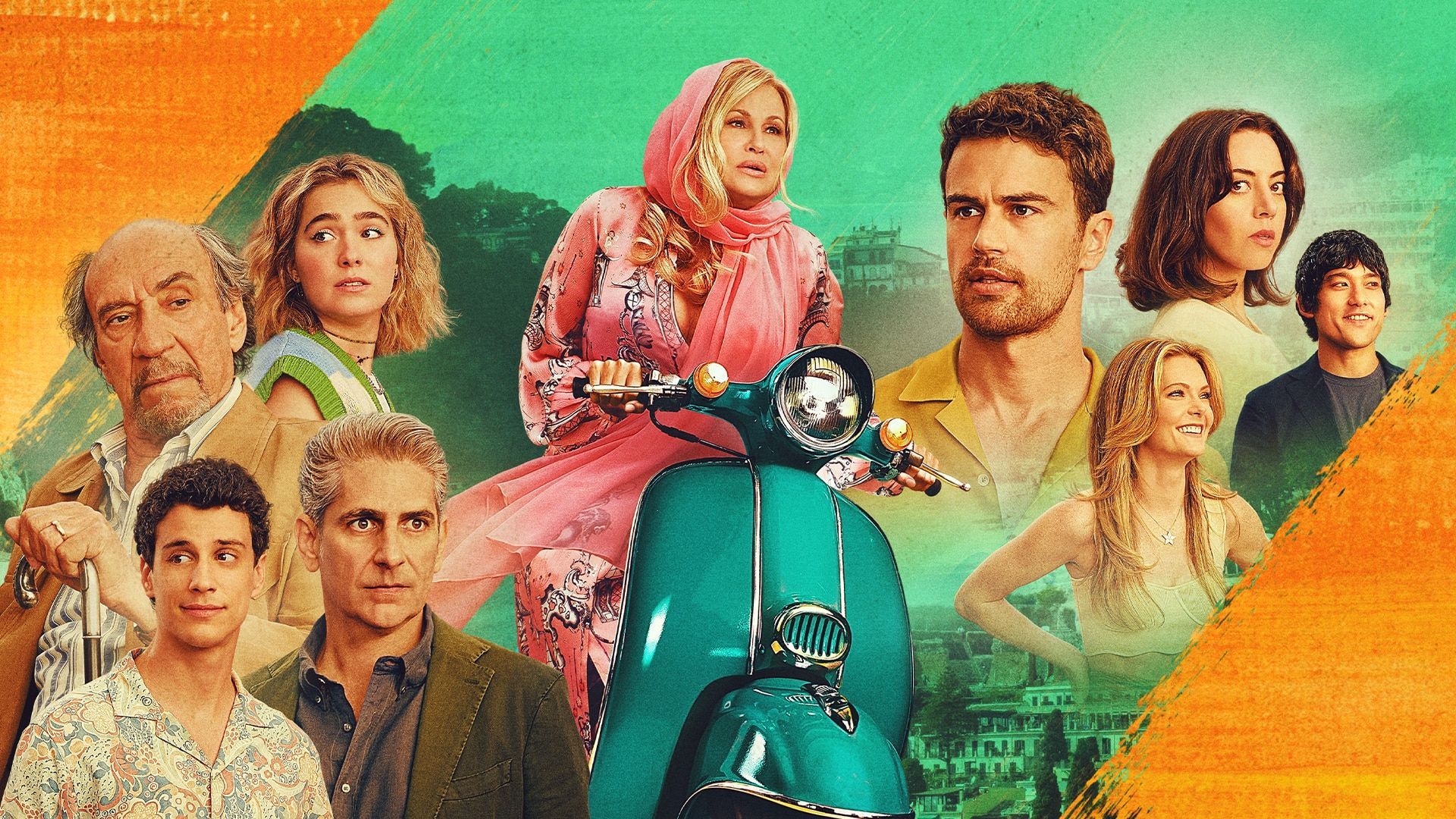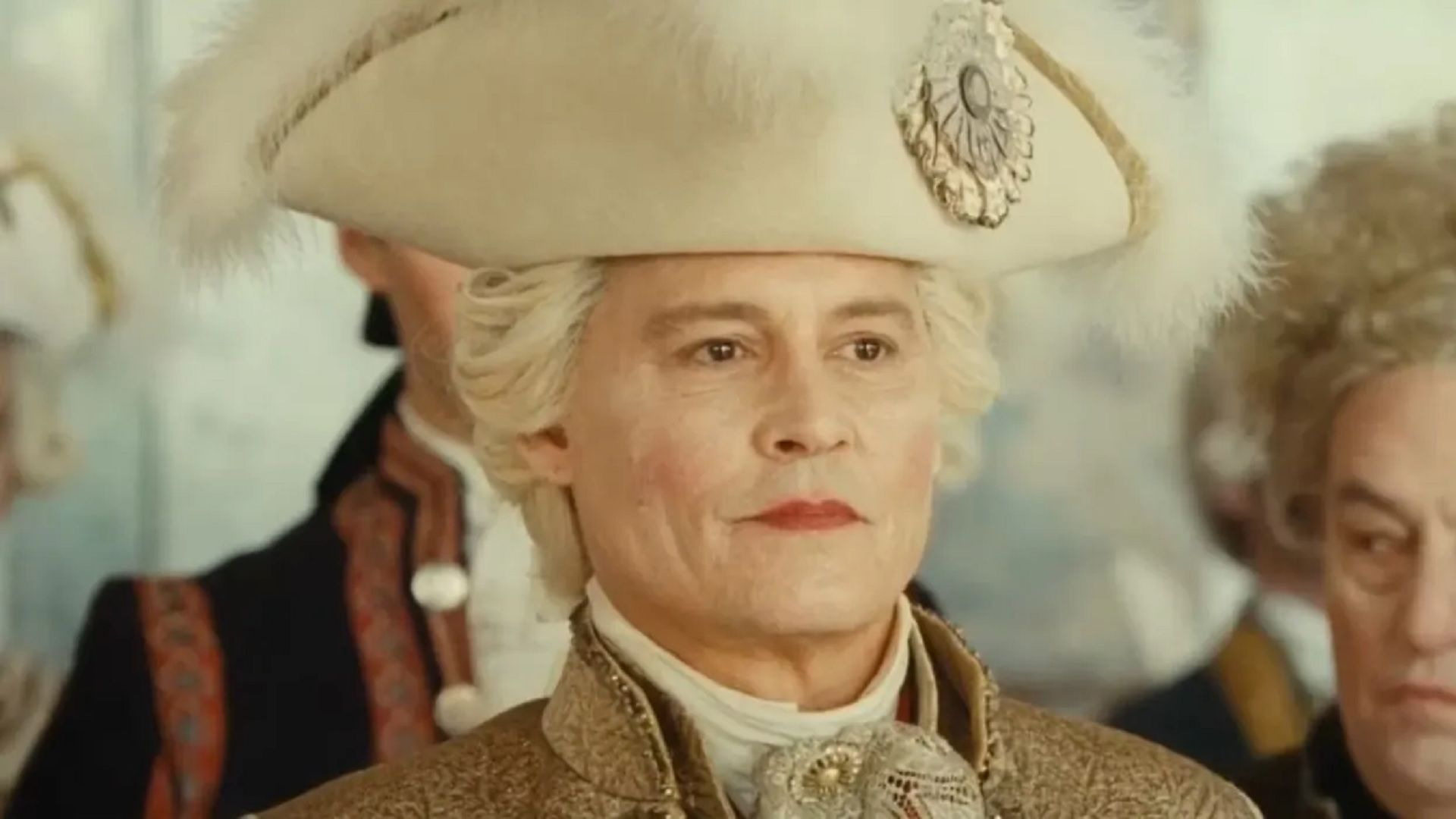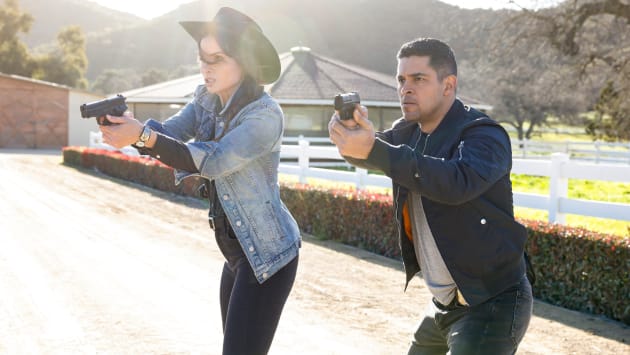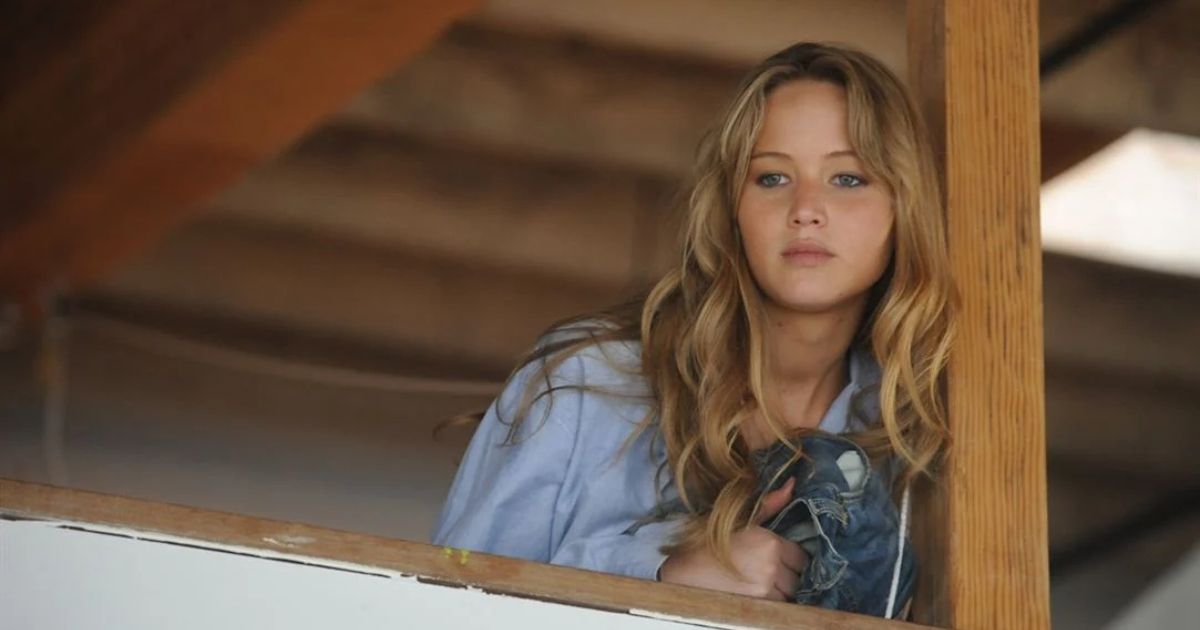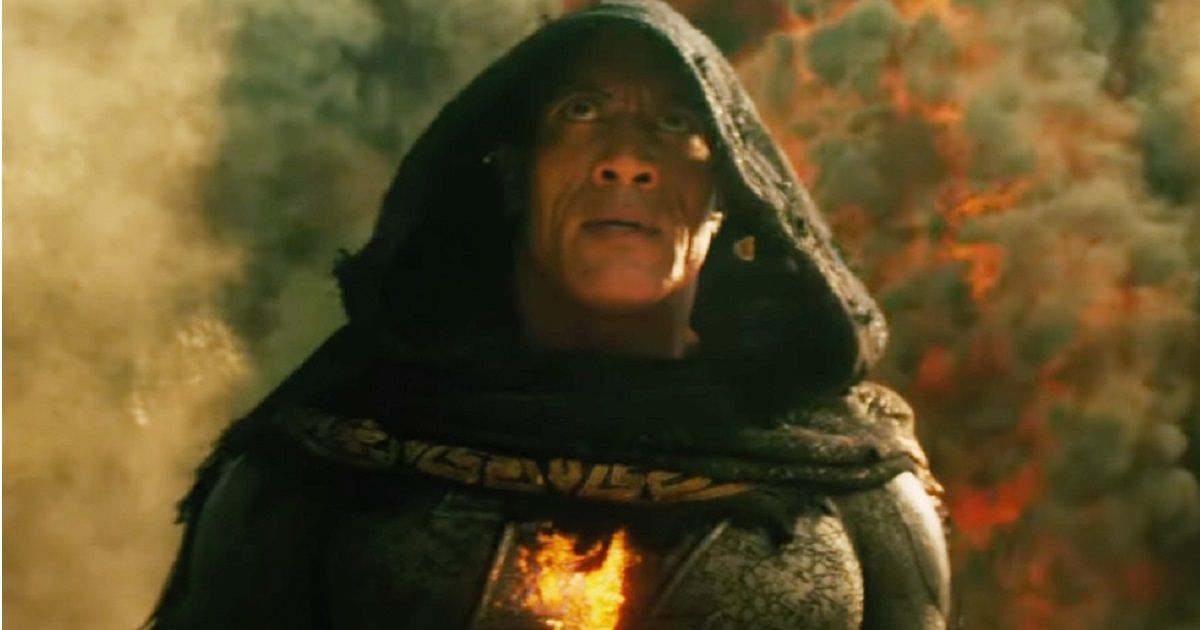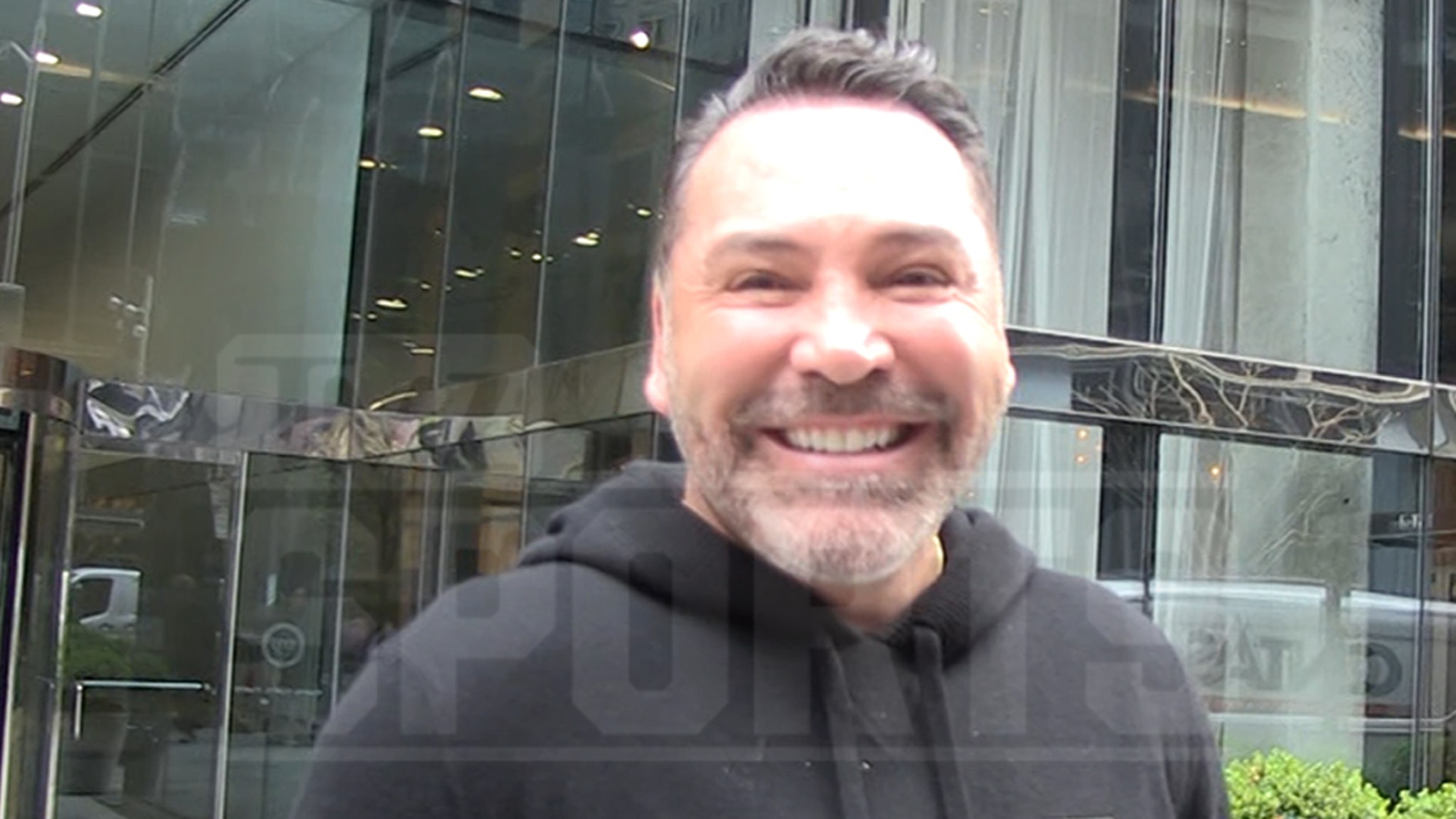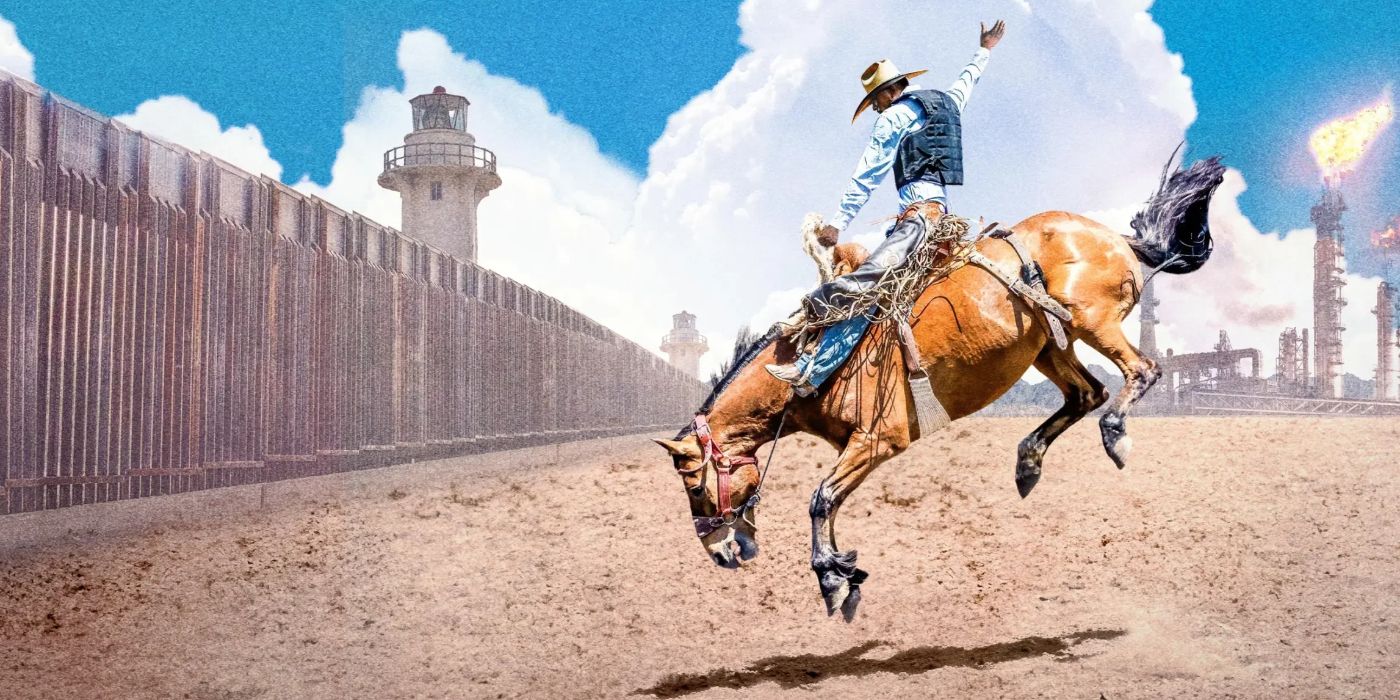
When you think of a Texan, what do you imagine? It’s likely the person you’ve conjured up is the traditional American cowboy, the strong, white man who rides horses, loves oil, and will let you take his gun when you can pry it from his cold, dead hands. Or maybe, thanks to an influx of (often white) right-wing celebrities and influencers making their way to the Lone Star State for lower taxes and laxer regulations, your idea of the modern Texan might not be the cowboy of the past, but instead, the rough-and-tumble, winner-take-all tough guy that can’t stand to see his hard-earned cash funneled into legislation he finds personally distasteful. But are these the images of the real Texas, or a fantasy perpetuated by the powerful people and systems that have run the state since its infancy?
This is, ostensibly, the question asked by HBO’s trilogy of documentaries God Save Texas: who is a Texan, and what does the real Texas even look like? Building off his book of the same name, producer and Pulitzer Prize-winning author Lawrence Wright sought the voices of three native Texan filmmakers — Richard Linklater, Alex Stapleton, and Iliana Sosa — to tell their stories of the Texas they know and the one they hope it could one day become. Visiting their hometowns, each director explores the systems and industries that continue to shape the state, and the stories lost or forgotten in the shuffle.
Huntsville, TX, Depends on the Prison Industrial Complex
God Save Texas
4.5/5
Release Date February 27, 2024
Seasons 1
Studio HBO
The trilogy begins with “Hometown Prison,” directed by Richard Linklater, about the town of Huntsville and its seven state prisons, including the Huntsville Unit, infamous for its nearly 600 executions since Texas reinstated the death penalty in 1982. The film opens in 2003, just outside this prison in a moment of extreme tension: inside, 43-year-old Delma Banks, Jr. awaits execution for a crime he claims he didn’t commit; outside, family, friends, journalists, and protesters gather, waiting for a miracle.
In these final hours, they wonder if the state will grant Banks a stay of execution following compelling evidence that he is, indeed, innocent. This will be the prison’s 300th execution since the return of the death penalty in 1982, and a young Richard Linklater is there to document the story.
From here, we jump forward in time, where a current-day Linklater takes viewers on a journey through the city of Huntsville and the dark, open secret that lies at its heart. Whether people want to admit it or not, everything and everyone in Huntsville is affected by the Texas Department of Criminal Justice (TDCJ).
Through interviews with old friends and family, prison employees, former inmates and their families, and other members of the Huntsville community, Linklater paints a clear picture of a diverse population that is beholden to the whims of a broken system that’s more interested in convictions and the perception of toughness than any semblance of justice. It’s a system that disproportionately targets young minorities (on both sides of the bars), and yet trying to abolish or even reform it could have devastating consequences on the people it hurts the most.
Related Best Richard Linklater Movies, Ranked Richard Linklater has written and directed some of the most memorable, intellectually stimulating films of the past 30 years, and these are his best.
Black Gold and Black Lives in Houston, TX
Director Alex Stapleton tackles her hometown of Houston next in the second outing of the series, “The Price of Oil.” Stapleton begins by reminding the audience that Texas has the largest Black population of any state in the U.S. and sets out to answer the question, “Where is the Black story in Texas? And where is the Black story when we talk about oil?”
Like Linklater, Stapleton filters this question through her own family and friends, but, unlike Linklater, this comes with a harsh reminder of the ways in which popular history often erases the stories of the Black slaves who made that history possible. With the help of her mother, Stapleton discusses her enslaved ancestors and the deep psychic toll that comes with having little to no documentation of their existence and accomplishments.
From here, the film travels to the Houston neighborhood of Pleasantville, one of the few communities where Black servicemen could buy property after WWII (despite the lofty promises of the G.I. Bill, Black Americans were still shut out of home buying in much of the country). Since the neighborhood’s heyday, though, things have changed thanks to the growing energy industry encroaching on their land and their lives. What’s worse, this toxic business has been reserved since its inception for a specific type of individual—any guess who?—leaving Houston’s Black communities to pay the price and reap none of the rewards.
The Surreal Divide Between El Paso and Juarez
In the third and final film in God Save Texas, director Iliana Sosa takes audiences on a journey to “La Frontera,” the border between Juarez and El Paso, TX. From certain angles, it’s impossible to see the border fence carved through the desert landscapes between the US and Mexico; from others, it towers over the citizens and non-citizens alike who (used to) cross its threshold on a daily basis. Speaking with family and other community members, Sosa paints an intimate portrait of the surreality of existence at the border, the fluidity of its peoples’ identities contrasted by the two cities’ stark class differences.
Related Best Movies About the Immigrant Experience, Ranked Few movies really capture what makes the immigrant experience unique. Here are some of the best immigrant stories ever put to film.
At the heart of this story is the historic Duranguito neighborhood, the birthplace of El Paso, and the current grounds of a fight between gentrification and preservation. Proponents of a planned sports arena that promises to displace Duranguito’s residents argue that the massive structure will bring prosperity to the neighborhood and its people, but the activists Sosa speaks with know that development of this sort destroys the past and allows for its atrocities to be repeated ad nauseam. Sosa’s documentary culminates in a perhaps expected but nonetheless necessary place: increased anti-immigrant violence (specifically the 2019 El Paso shooting) empowered by rhetoric from former President Donald Trump and his ilk.
The Legacy of Sam Houston
The spirit of Sam Houston looms over God Save Texas, though it’s subtler than the giant statue of the man who presides over Huntsville’s I-45 freeway. The president of the former Republic of Texas and namesake of the state’s most populous city, Houston, is presented as somewhat of a hero. It was he, after all, who opposed Texas joining the Confederacy. But this story leaves out what might be generously called a complicated history, the type that underpins many of history’s villains and heroes.
God Save Texas talks around Houston’s history, comfortably (and rightfully) bemoaning atrocities like the Indian Removal Act and challenging narratives around Texas’ fight for independence from Mexico without acknowledging the General’s role in them. In putting Sam Houston on this pedestal, God Save Texas misses the opportunity to recognize his nuance and threatens to encourage the kind of hero worship that forgets true history in place of a valorized narrative. And if we can’t recognize that these historical heroes were not perfect, that they did make mistakes or even had some truly heinous beliefs, then how can we hope to reckon with our own complicated legacies?
To their credit, Stapleton and Sosa contribute moments in their films to the legacies of slavery and San Jacinto that are tied to Sam Houston, though they never make that connection directly. Their documentaries, though, are only an hour long (Linklater’s is 90 minutes); if they’d had more time, one can’t help but wonder if there would have been room for a more nuanced discussion of this critical aspect of Texas’s history. Then again, that may not have been their goal when relating the histories of their hometowns and families. Nevertheless, it’s unclear why these directors’ stories aren’t given equal screen time in God Save Texas, regardless of what that may have looked like.
God Save Texas Shows a Different Side of the Lone Star State
From an outsider’s perspective, it can be easy to get caught up in what we think Texas is: God-fearing, gun-loving, and, above all else, white. So easy, in fact, that it isn’t hard to find “liberals” celebrating the state’s struggles as if they are some sort of sick penance for its conservative legislature. What God Save Texas does, then, is reveal the true Texans, a diverse population that faces the horrific results of that legislature head-on. In bringing directors back to their hometowns, we get an intimate portrait of the people who live there and the hard work they continue to put toward the fight to make Texas the great place they’ve always been told it’s supposed to be.
In watching these filmmakers reckon with the good and bad of their familial homes, viewers from around the country can themselves go through a personal reckoning between their news-bound version of Texas and the lived realities of its underserved populations. Texas isn’t a bastion of conservative ideology, nor is it a lost cause for civil rights. It is the largest state in the nation, home to a diverse population of people and ideologies reflective of the country as a whole.
While God Save Texas isn’t likely to sway those on the far right entrenched in their beliefs, it is narratively and emotionally powerful enough to draw more centrist and left-leaning audiences to an understanding of a shared national struggle through the people fighting on the ideological and physical front lines.
God Save Texas: Hometown Prison, directed by Oscar® nominee Richard Linklater, debuts Tuesday, Feb 27 (9:00-10:30 p.m. ET/PT) on HBO. God Save Texas: The Price of Oil, directed by Alex Stapleton, and God Save Texas: La Frontera, directed by Iliana Sosa, will debut back-to-back on Wednesday, Feb. 28 (9:00-11:00 p.m. ET/PT). All three parts will be available to stream on Max through the link below beginning Tuesday, February 27.
You can view the original article HERE.
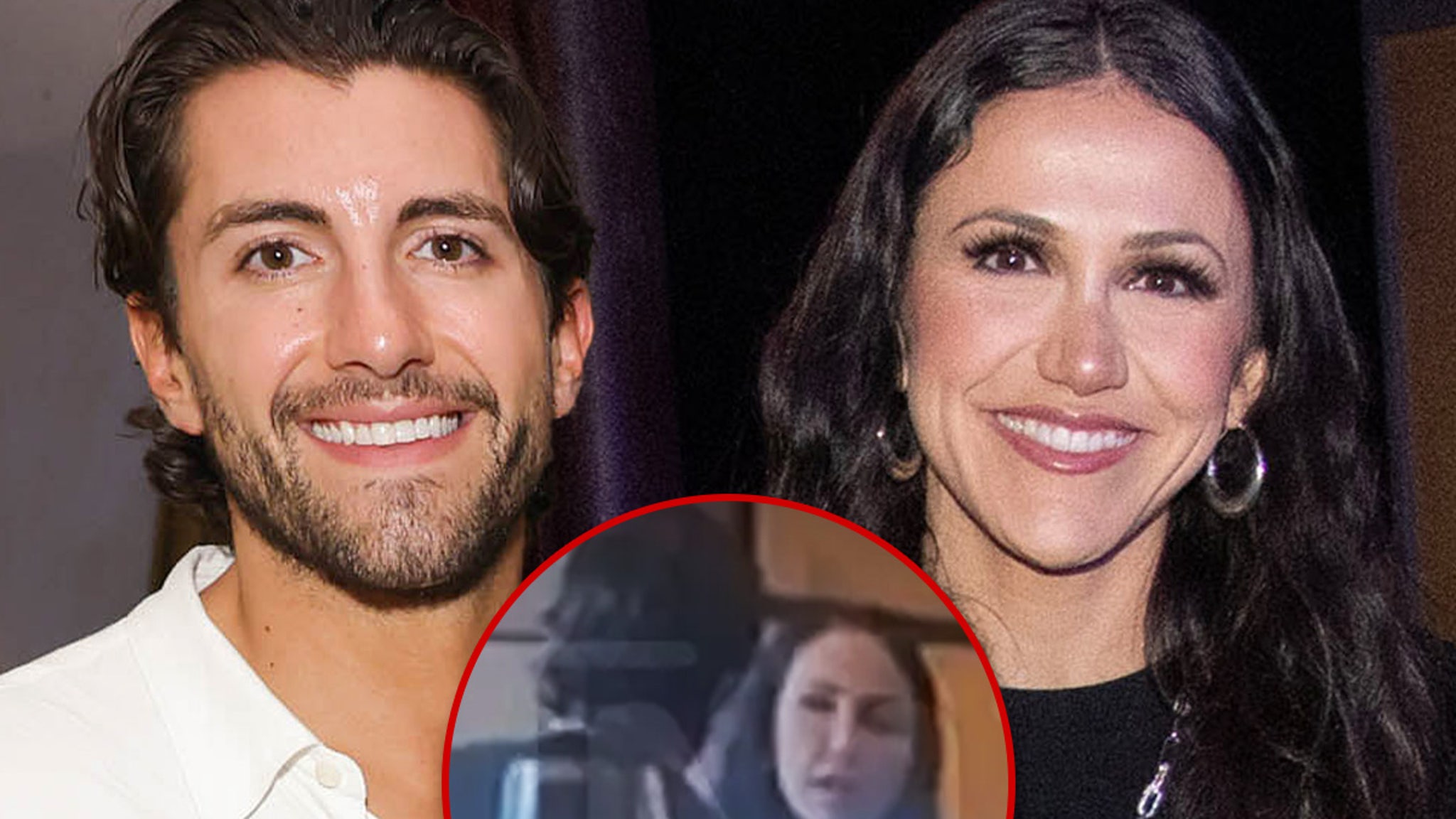

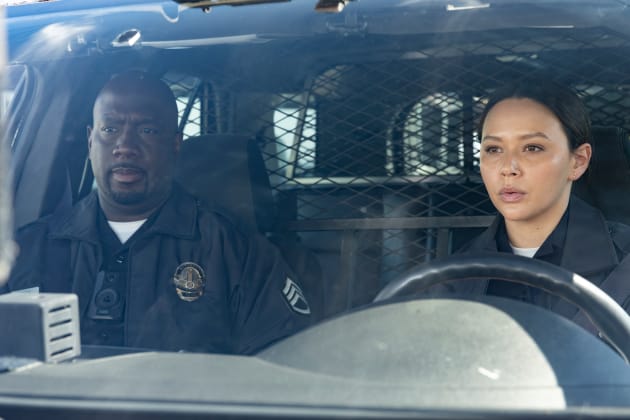

:quality(85):upscale()/2024/04/26/911/n/1922283/41bb9acb662c13ed178189.98916636_.jpg)

